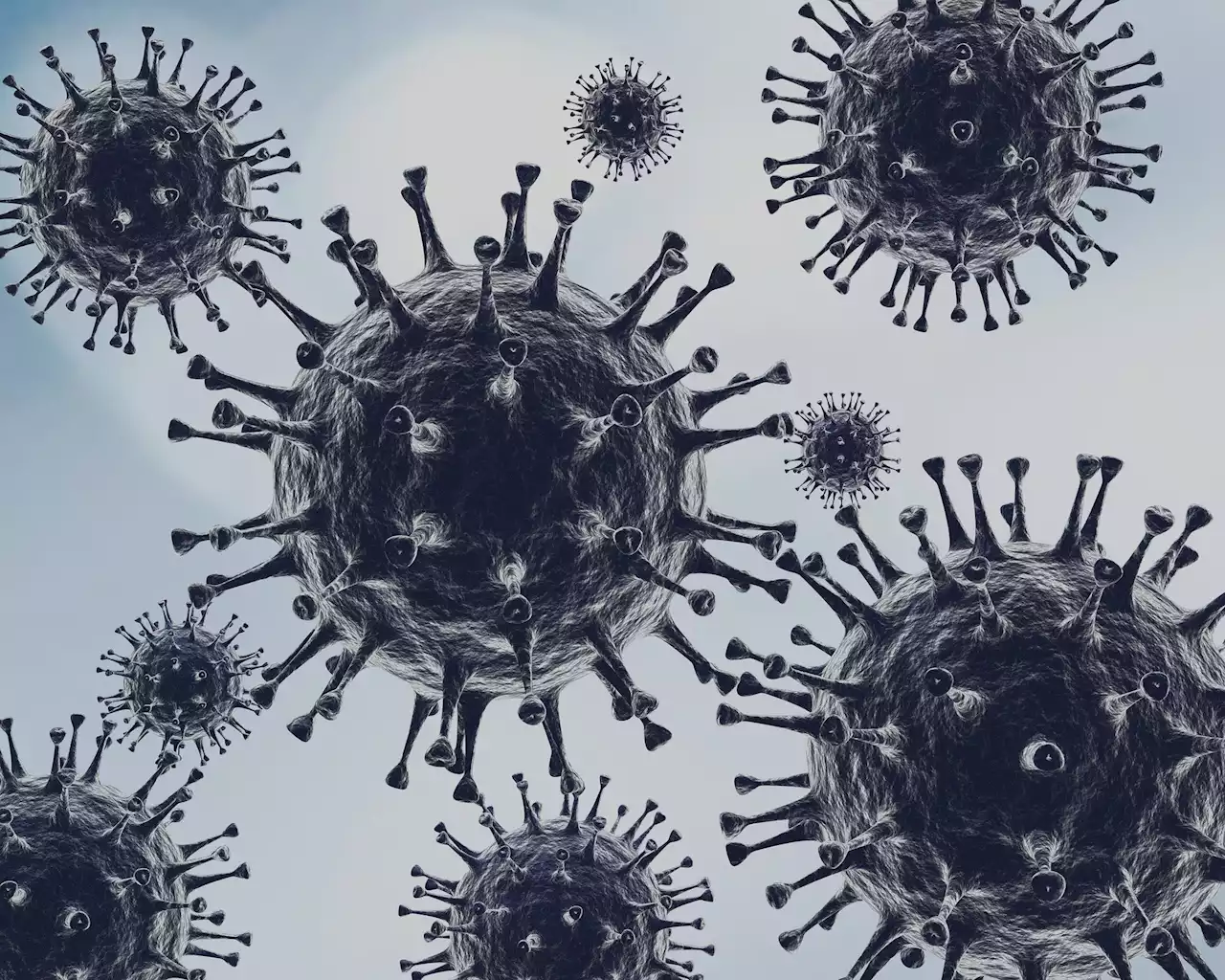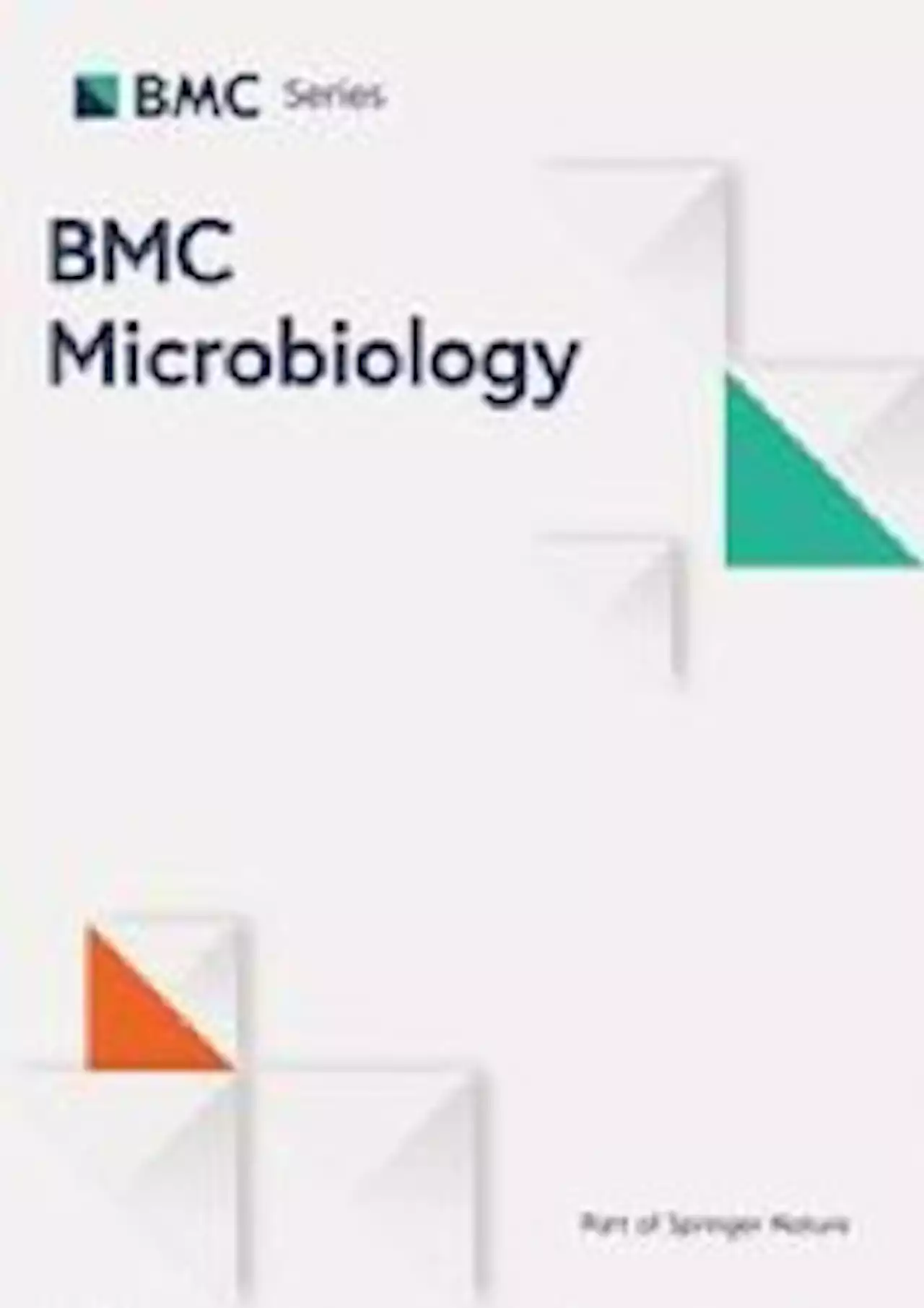Gut health boost: Functional foods and herbs show promise in tackling SARS-CoV-2 variants guthealth functionalfoods herbs immunesupport antiviral SARSCoV2 variants gutmicrobiota healthylifestyle Nutrients_MDPI
By Dr. Chinta SidharthanJun 8 2023Reviewed by Benedette Cuffari, M.Sc. In a recent study published in the journal Nutrients, researchers review the impact of coronavirus disease 2019 on the gut microbiota and microbiome-related immunity, as well as the use of nutritional interventions, including pre- and probiotics in reducing the susceptibility to COVID-19.
Vitamins C and D are known to improve the immune response against viruses and reduce cellular stress and levels of reactive oxygen species. Likewise, minerals such as zinc also contribute to the anti-viral response by enhancing the efficacy of anti-viral drugs and exerting their immune-protective effects.
COVID-19 and the gut microbiome The presence of SARS-CoV-2 ribonucleic acid in stool samples indicates that the virus can infect the GI tract and spread through the fecal-oral route. Moreover, imaging techniques have revealed mesenteric thickening, hyperemia and bowel wall thickening, fluid-filled large intestine, and pneumatosis in patients with SARS-CoV-2 infections.
The age-related decrease in gut microbial diversity has also been implicated in the increased severity of SARS-CoV-2 infection in elderly patients. Obesity, which also has significant associations with gut microbiome dysbiosis, is also correlated with severe COVID-19 outcomes. GI symptoms of COVID-19 can also be alleviated by prebiotic intake, which helps restore the gut microbiome balance. The use of prebiotics, which consist of fibers that increase gut fermentation and beneficial gut bacterial growth, has been popular in various traditional medicine forms and addressing GI problems such as diarrhea and constipation.
Ireland Latest News, Ireland Headlines
Similar News:You can also read news stories similar to this one that we have collected from other news sources.
 Prenatal COVID boosts protective power of breast milkPrenatal COVID boosts protective power of breast milk BreastMilk ExtracellularVesicles SARSCoV MaternalHealth InfantDevelopment COVID MultiOmics MetabolicReprogramming MucosalTissue ImmuneModulation PostCOVID biorxivpreprint
Prenatal COVID boosts protective power of breast milkPrenatal COVID boosts protective power of breast milk BreastMilk ExtracellularVesicles SARSCoV MaternalHealth InfantDevelopment COVID MultiOmics MetabolicReprogramming MucosalTissue ImmuneModulation PostCOVID biorxivpreprint
Read more »
 Is discontinuing universal SARS-CoV-2 testing at hospital admission in England and Scotland associated with increased hospital-onset infections?Is discontinuing universal SARS-CoV-2 testing at hospital admission in England and Scotland associated with increased hospital-onset infections? JAMAInternalMed harvardmed DeptPopMed SARSCoV2 COVID19 coronavirus covid infection
Is discontinuing universal SARS-CoV-2 testing at hospital admission in England and Scotland associated with increased hospital-onset infections?Is discontinuing universal SARS-CoV-2 testing at hospital admission in England and Scotland associated with increased hospital-onset infections? JAMAInternalMed harvardmed DeptPopMed SARSCoV2 COVID19 coronavirus covid infection
Read more »
 Study: Using a diabetes medication after testing positive for SARS-CoV-2 reduces risk of developing long COVID by 40%Taking a two-week course of metformin, a safe and affordable diabetes medication after testing positive for SARS-CoV-2 leads to 40% fewer long COVID diagnoses over the following 10 months, compared to individuals taking a placebo, finds a new study published in The Lancet Infectious Diseases journal.
Study: Using a diabetes medication after testing positive for SARS-CoV-2 reduces risk of developing long COVID by 40%Taking a two-week course of metformin, a safe and affordable diabetes medication after testing positive for SARS-CoV-2 leads to 40% fewer long COVID diagnoses over the following 10 months, compared to individuals taking a placebo, finds a new study published in The Lancet Infectious Diseases journal.
Read more »
 Irinotecan-gut microbiota interactions and the capability of probiotics to mitigate Irinotecan-associated toxicity - BMC MicrobiologyBackground Irinotecan is a chemotherapeutic agent used to treat a variety of tumors, including colorectal cancer (CRC). In the intestine, it is transformed into SN-38 by gut microbial enzymes, which is responsible for its toxicity during excretion. Objective Our study highlights the impact of Irinotecan on gut microbiota composition and the role of probiotics in limiting Irinotecan-associated diarrhea and suppressing gut bacterial β-glucuronidase enzymes. Material and methods To investigate the effect of Irinotecan on the gut microbiota composition, we applied 16S rRNA gene sequencing in three groups of stool samples from healthy individuals, colon cancer, and Irinotecan treated patients (n = 5/group). Furthermore, three Lactobacillus spp.; Lactiplantibacillus plantarum (L. plantarum), Lactobacillus acidophilus (L. acidophilus), Lacticaseibacillus rhamnosus (L. rhamnosus) were used in a single and mixed form to in-vitro explore the effect of probiotics on the expression of β-glucuronidase gene from E. coli. Also, probiotics were introduced in single and mixed forms in groups of mice before the administration of Irinotecan, and their protective effects were explored by assessing the level of reactive oxidative species (ROS) as well as studying the concomitant intestinal inflammation and apoptosis. Results The gut microbiota was disturbed in individuals with colon cancer and after Irinotecan treatment. In the healthy group, Firmicutes were more abundant than Bacteriodetes, which was the opposite in the case of colon-cancer or Irinotecan treated groups. Actinobacteria and Verrucomicrobia were markedly present within the healthy group, while Cyanobacteria were noted in colon-cancer and the Irinotecan-treated groups. Enterobacteriaceae and genus Dialister were more abundant in the colon-cancer group than in other groups. The abundance of Veillonella, Clostridium, Butryicicoccus, and Prevotella were increased in Irinotecan-treated groups compared to other groups. Using La
Irinotecan-gut microbiota interactions and the capability of probiotics to mitigate Irinotecan-associated toxicity - BMC MicrobiologyBackground Irinotecan is a chemotherapeutic agent used to treat a variety of tumors, including colorectal cancer (CRC). In the intestine, it is transformed into SN-38 by gut microbial enzymes, which is responsible for its toxicity during excretion. Objective Our study highlights the impact of Irinotecan on gut microbiota composition and the role of probiotics in limiting Irinotecan-associated diarrhea and suppressing gut bacterial β-glucuronidase enzymes. Material and methods To investigate the effect of Irinotecan on the gut microbiota composition, we applied 16S rRNA gene sequencing in three groups of stool samples from healthy individuals, colon cancer, and Irinotecan treated patients (n = 5/group). Furthermore, three Lactobacillus spp.; Lactiplantibacillus plantarum (L. plantarum), Lactobacillus acidophilus (L. acidophilus), Lacticaseibacillus rhamnosus (L. rhamnosus) were used in a single and mixed form to in-vitro explore the effect of probiotics on the expression of β-glucuronidase gene from E. coli. Also, probiotics were introduced in single and mixed forms in groups of mice before the administration of Irinotecan, and their protective effects were explored by assessing the level of reactive oxidative species (ROS) as well as studying the concomitant intestinal inflammation and apoptosis. Results The gut microbiota was disturbed in individuals with colon cancer and after Irinotecan treatment. In the healthy group, Firmicutes were more abundant than Bacteriodetes, which was the opposite in the case of colon-cancer or Irinotecan treated groups. Actinobacteria and Verrucomicrobia were markedly present within the healthy group, while Cyanobacteria were noted in colon-cancer and the Irinotecan-treated groups. Enterobacteriaceae and genus Dialister were more abundant in the colon-cancer group than in other groups. The abundance of Veillonella, Clostridium, Butryicicoccus, and Prevotella were increased in Irinotecan-treated groups compared to other groups. Using La
Read more »
 This is what good gut health feels like, from hydrated skin to a decent night’s sleepGut health has been huge for a while now, and we’re pretty well-acquainted with why it’s important and what’s not so good for our gut. But do you know what a healthy gut feels like?
This is what good gut health feels like, from hydrated skin to a decent night’s sleepGut health has been huge for a while now, and we’re pretty well-acquainted with why it’s important and what’s not so good for our gut. But do you know what a healthy gut feels like?
Read more »
 Study compares long-term consequences of COVID-19 between patients with rheumatic inflammatory diseases and healthy controlsResearchers used data from a long-term ongoing prospective cohort study in the Netherlands to compare the characteristics of long-COVID in inflammatory rheumatic diseases patients and healthy controls during the period when the SARS-CoV-2 Omicron subvariants, BA.1/BA.2 were dominant.
Study compares long-term consequences of COVID-19 between patients with rheumatic inflammatory diseases and healthy controlsResearchers used data from a long-term ongoing prospective cohort study in the Netherlands to compare the characteristics of long-COVID in inflammatory rheumatic diseases patients and healthy controls during the period when the SARS-CoV-2 Omicron subvariants, BA.1/BA.2 were dominant.
Read more »
